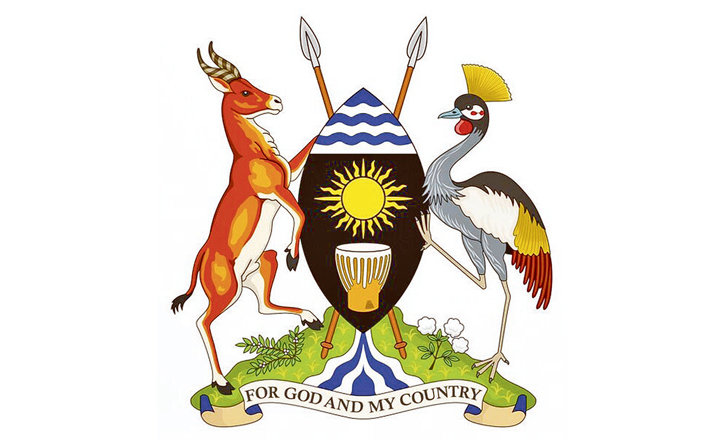Most Ugandans are ignorant about national symbols
There is a misconception about patriotism being regarded as a political aspect for one party and not for every Ugandan.
World over, national symbols unite people by creating visual, verbal and iconic depictions of a country's people, history and values. At national events, these symbols are often rallied to spur togetherness.
However, while Uganda adopted its own, such as the national flag, court of arms and the national anthem, on May 25, 1962 - and the symbols have been embedded in subsequent constitutions of Uganda, many Ugandans have little knowledge of the key state symbols that are supposed to be a source of pride and identification.
According to a survey carried out recently by Makerere University department of religion and peace studies, many Ugandans across almost all ages are shockingly ignorant about the symbols. This has called into question their levels of patriotism.
The survey on the implication of national symbols and values on patriotism and national development was carried out under the Makerere University Research and Innovative Fund (RIF).
It was conducted in the sub-regions of Buganda, Acholi, Teso, Rwenzori and Kampala. Participants included Resident District Commissioners (RDCs), Local Council 5 (LC5) leaders and members of patriotism clubs (regional patriotism coordinators, patriotism patrons and patriotic matrons). Others are religious leaders, youths, journalists, teachers and other local leaders.
"These categories were selected basing on the fact that they have a certain knowledge and practice of patriotism," according to the report.
The project intended to address the knowledge and practice gaps among Ugandans in relation to the national symbols and values with a view of contributing to national development.
The knowledge deficiencies were recorded at nearly all levels and many Ugandans polled exhibited a lack of awareness for basic knowledge, such as the colours that comprise the Uganda flag.

Many also exhibited flawed understanding of the national anthem and were unable to interpret the meanings of certain phases in the national anthem of Uganda.
"For instance, the first phrase "Oh Uganda! May God uphold thee" was interpreted differently: to some, that the country is being upheld by God and to others, it is a prayer to God to uphold Uganda," the survey, which was funded by the Government, revealed.
"During a session on the national flag, the responses given were three and four colours," the report added.
"Those that gave three colours based their argument on the lessons that they had received during primary school, where they were taught that the Uganda Flag has three colours, while those who stated four emphasised the white which forms the background for the Crested Crane as standing for peace."
Problem explained
The misinterpretation of the phases in the words in the Uganda anthem was attributed to the anthem being in English, which posed comprehension challenges to some Ugandans.
According to the report, the delay by the Government to indigenise national symbols is also causing some problems.
One of the participants from Fort Portal city pointed out that the ignorance on how to use the Constitution was not their fault because little has been done to popularise the law of the land.
"It is my first time to open the Constitution of Uganda and read it since I was born. Therefore, the blame is not on us," one of the respondents was reported as saying.

Some people feel the execution of the national anthem at public functions, which is often done by a brass band, also makes it difficult to learn and sing its lyrics because it is the instrumental version that is played.
Patriotism misconstrued
According to the report, there was a misconception about patriotism being regarded as a political aspect for one party (the National Resistance Movement) and not for every Ugandan.
"Most Ugandans are not patriotic because they feel they are not loved back and their fundamental needs are not provided by the country," the report said.
The report also blamed the problem on patriotic groups that are no longer active in communities regarding dissemination of information on love for Uganda.
"This was attributed to lack of reviews and accountability by the committees of patriotism clubs. At one of the workshops, there was a question as to whether patriotism can and should be taught," the report said.
The knowledge gaps about the symbols were recorded across the country, except in Buganda and Fort Portal.
"This may be attributed to the languages in which these anthems are," the report said.
What experts say
Dr Paddy Musana, the principal investigator of the research project, attributed the problem to the "overwhelming absence of civic education".
"This is a serious concern to me as a Ugandan. Why should a Muganda or Musoga sing their kingdom anthem
Deficiencies
The knowledge deficiencies were recorded at nearly all levels and many Ugandans polled exhibited a lack of awareness for basic knowledge, such as the colours that comprise the Uganda flag.